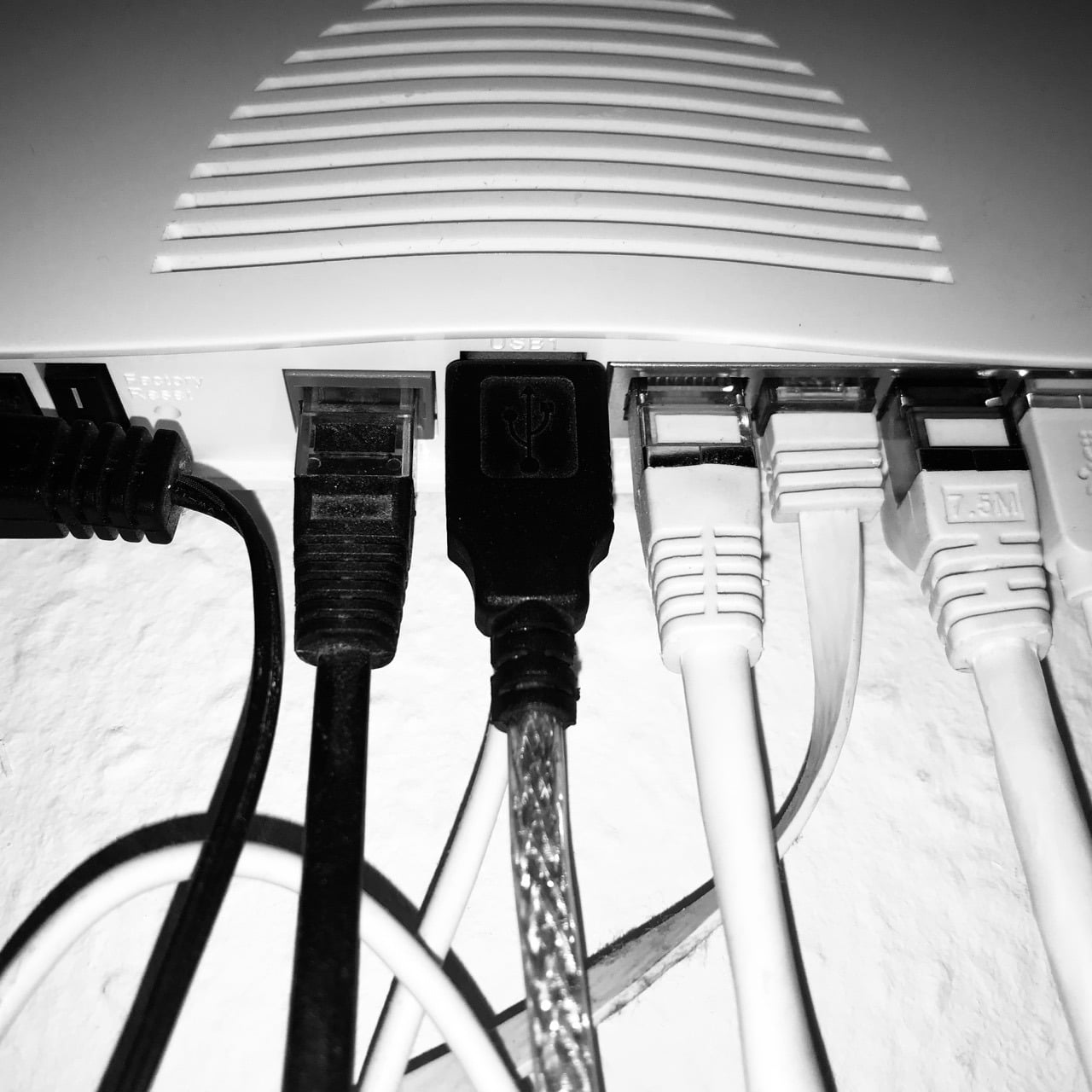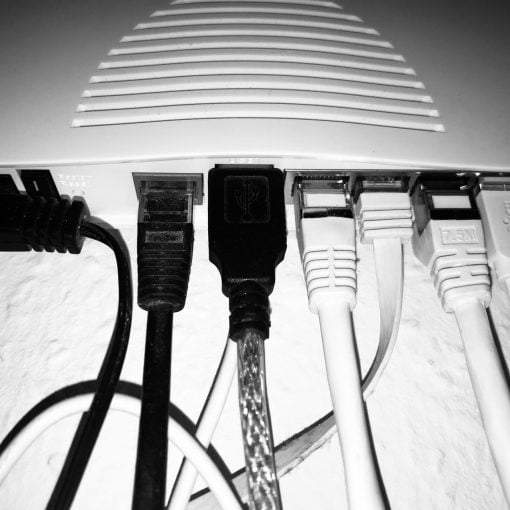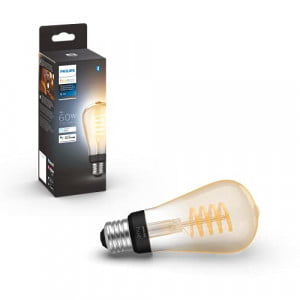Today the EU Parliament voted for a reform of copyright law and thus indirectly also for upload filters.
Before today’s vote, there were many discussions as to whether the new version of copyright law would go too far. We have already reported on this here and here. Today, the EU Parliament has voted in favour, even though more than 5 million people had previously voted against this type of law in a petition.
The core criticism is not directed against a reform of copyright law; everyone would agree that fair remuneration for content creators is very sensible. The nature of the law is problematic: From now on, every platform will be liable for a copyright infringement. Large corporations are likely to sit this out as usual or solve it with their own million-dollar technology. For example, Google does it for YouTube with Content ID, an upload filter that checks uploaded material to see whether it is copyrighted material.
Small blogs and forums now have a problem: As soon as someone for example links to this article and the link is called like the title of this article namely “Absolute control: EU Parliament votes for upload filter” has been violated against the law and the warning is there. So it’s not only about movies or songs, even headlines are no longer allowed to quote. Quotations accordingly also not, these are still longer than headings, in any case usually. All this applies to commercial platforms (i.e. from an advertisement or affiliate link). But the effects are also felt by private users: for security reasons they are not allowed to post anything anymore, because a violation falls back on the platform.
The EU controls the Internet with upload filters.
The vehement and repeated arguments of CDU deputy Axel Voss, who never gets tired of emphasizing that an upload filter is not in the law, but nevertheless one hundred percent security in content control is necessary, describes the dilemma: creating a situation that demands 100% security at the price that large American monopolists (nothing against the Americans, they just put the largest Internet companies) are given a much better position than small websites due to their financial resources, and that without an upload filter it doesn’t work at all. It’s so sad to see that even developers say that an upload filter is technically unavoidable and the responsible politicians talk their way out with the sentence: “An upload filter is not in the law. But control all the content in the world.”
The question is what to do. No matter what comments you scroll through, left- or right-wing newspapers, tech-savvy blogs or not, the majority seems to anticipate the problems arising from the law. Even Snowden now warns against the CDU:
Don’t forget what they did here. Since @CDU_CSU_EP voted for never more Internet freedom, the Internet must never vote for ever more @CDU_CSU_EP. #neverMoreCDU https://t.co/fyGLXfGw3n
— Edward Snowden (@Snowden) 26 March 2019
Who is interested in the individual deputies and how they voted in each case finds a link at Julia Reda, a pirate deputies. It is also interesting to know that Germany seems to have supported the new law for France, so that France in return supports the Nord Stream 2 gas pipeline. A somehow responsible assessment of the important issue by the elected representatives of the people was therefore only marginally carried out (source: Zeit).
In the upcoming European elections we can only give you one tip if you are now not completely disenchanted with politics: Die Partei. Because it is very good.





